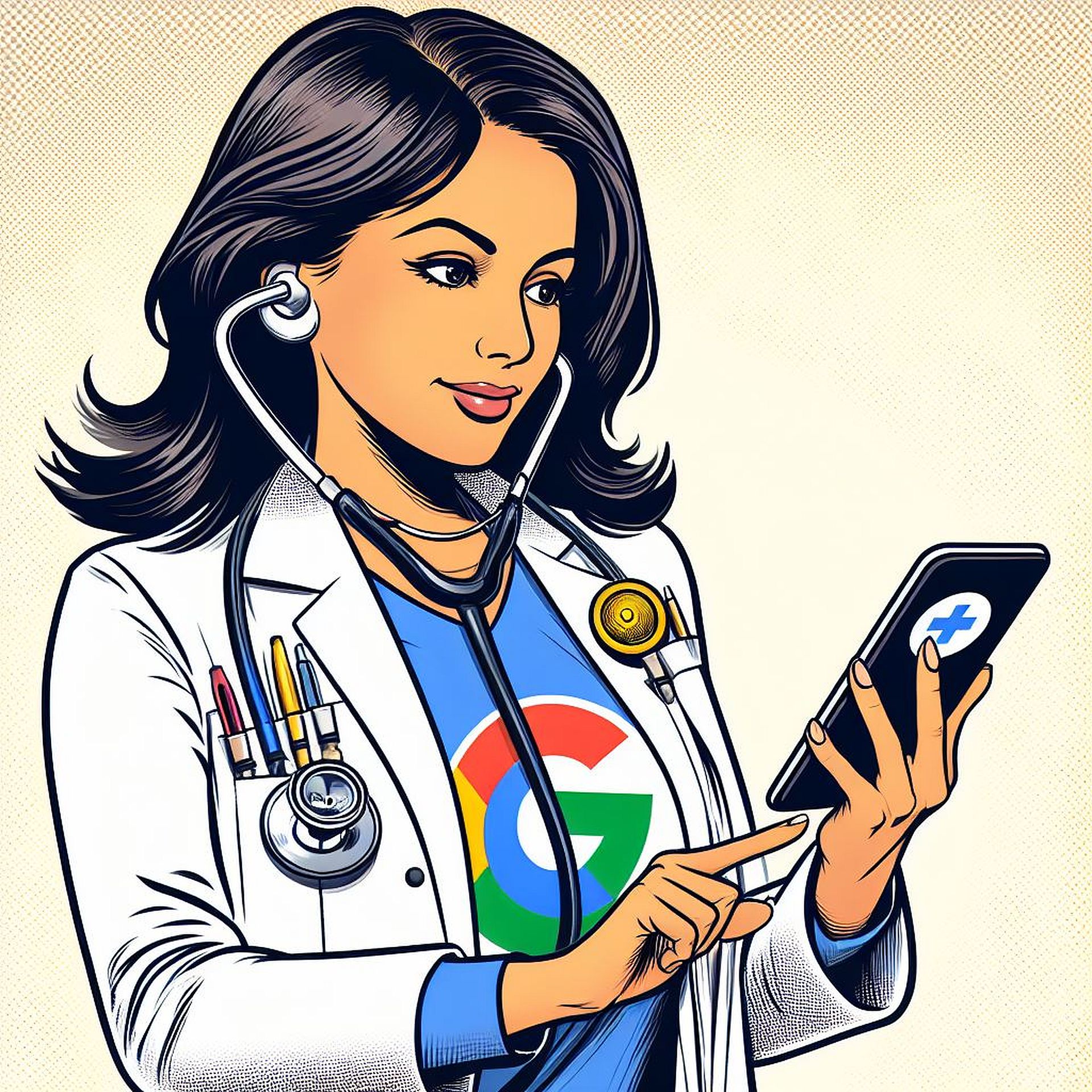Google is on a mission to improve healthcare by joining forces with Apollo Radiology International. Together, they’re using smart technology to tackle tough diseases like tuberculosis (TB) and breast cancer in India.
One big problem they’re tackling is the shortage of doctors who can read X-rays. Google’s clever AI system can quickly look at chest X-rays to spot TB early. This is crucial because catching TB sooner means better chances for treatment and saving lives.
They’re also using AI to help with lung and breast cancer screenings. This means more people can get checked, and doctors can focus on the cases that need urgent attention.

Over the next decade, Apollo Radiology aims to offer 3 million free screenings for TB, lung cancer, and breast cancer. This could mean a lot more people getting the help they need when they need it.
But Google isn’t stopping there. They’re also supporting projects like ARMMAN, which helps moms-to-be and new moms. With AI, they can predict who might need extra support to stay healthy during pregnancy and after giving birth.
By teaming up with Apollo Radiology and supporting projects like ARMMAN, Google is showing how technology can make a big difference in healthcare. Together, they’re working towards a healthier future for everyone.
How Google will utilize gen AI to improve healthcare
Can AI cure high-mortality diseases?
While AI itself cannot directly “cure” high-mortality diseases like tuberculosis, lung cancer, or breast cancer, it plays a crucial role in early detection, treatment planning, and improving healthcare outcomes. AI-powered technologies assist healthcare professionals in analyzing medical data such as X-rays, CT scans, and mammograms more efficiently and accurately than traditional methods. This enables earlier detection of diseases, which in turn can lead to timely interventions and improved patient outcomes.
In the context of high-mortality diseases, AI helps in several ways:
- Early detection: AI algorithms can analyze medical images to identify subtle signs of diseases like cancer or tuberculosis at an earlier stage than might be possible with the human eye alone. Detecting these diseases early increases the likelihood of successful treatment and improves survival rates.
- Treatment planning: AI can help healthcare providers develop personalized treatment plans by analyzing vast amounts of patient data, including genetic information, medical history, and treatment outcomes. This personalized approach can lead to more effective treatments tailored to individual patients’ needs.
- Predictive analytics: AI algorithms can analyze data from electronic health records to identify patterns and predict which patients are at higher risk of developing certain diseases or complications. This allows healthcare providers to intervene proactively and implement preventive measures to reduce the risk of mortality.
- Drug discovery: AI is also being used in pharmaceutical research to accelerate the discovery and development of new drugs and therapies for high-mortality diseases. By analyzing large datasets and simulating biological processes, AI can identify potential drug candidates more quickly and efficiently than traditional methods.
While AI holds great promise in improving healthcare outcomes and reducing mortality rates for high-risk diseases, it is important to note that it is not a standalone solution. AI technologies must be integrated into comprehensive healthcare systems and used in conjunction with human expertise to achieve the best results. Additionally, ethical considerations, regulatory oversight, and data privacy concerns must be carefully addressed to ensure the responsible and effective use of AI in healthcare.
Featured image credit: Eray Eliaçık/Bing





